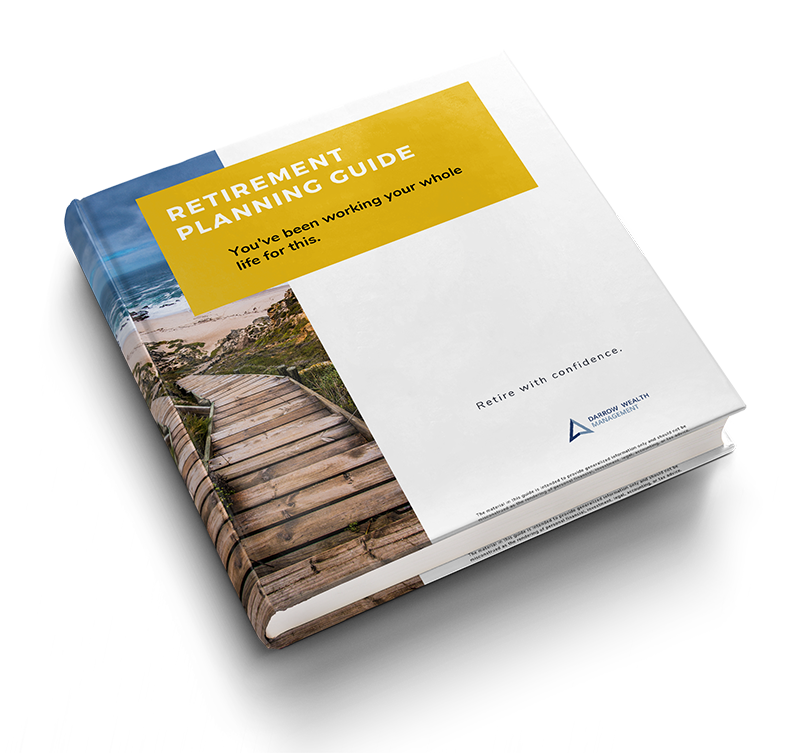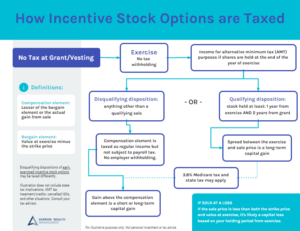A study from the Urban Institute tracked over 20,000 adults over age 51 between 1992 and 2016 to identify trends in employment. The findings revealed that over half of full-time workers over age 50 experienced involuntary employer-related job separation with their long-term employer, leading to prolonged unemployment or a reduction in earnings of 50% or more for at least two years.
The Next Big Retirement Threat – Keeping Your Job Past 50
That staggering figure doesn’t even include employees who had to leave their job to take care of a sick family member, due to their own health-related issues, or other personal reasons. Together, roughly two-thirds of individuals over age 50 experienced involuntary job separations at some point. Employer-related involuntary separations were largely consistent across geographic regions, industries, education levels, and demographics.
The financial consequences of losing your job later in life can be devastating. Not only does a job loss suspend further retirement contributions, individuals are often forced to dip into their savings or retirement funds to help bridge the income gap while unemployed.
When the participants of the study did rejoin the workforce, only 10% of workers who had experienced a sizable drop in earnings were able to regain pre-separation income levels, for college graduates, the figure drops to 8%.
So how do you plan for something that’s nearly impossible to plan for?
When preparing for any unknown, it’s always important to take stock of the situation: what are the risks and what options exist to mitigate those risks that are within your control.
Savings = flexibility
Having cash and investable liquid assets gives you flexibility for the future. If there’s a large unexpected expense, you may not need to take out a loan. If you’re out of work for a year, you may not need to sell your home. If you end up retiring a couple of years earlier than expected, you might not need to drastically alter your financial plan.
This is an important point to keep in mind when deciding how to utilize a windfall or excess cash. Buying a home with cash and living mortgage-free may feel desirable, but it can also limit your options if your health or financial circumstances change and you need funds for other expenses.
Like the financial markets, life doesn’t usually move in a linear fashion. There will always be setbacks, unexpected hurdles. So if you’ve only saved the bare minimum across your investment and cash accounts, or haven’t invested outside of your 401(k), you may have inadvertently put the future you in a tough spot if (or perhaps when) things don’t go according to plan.
Keeping your expenses—especially your fixed expenses—in check
The easiest way to save money is to spend less money. Having high fixed expenses relative to your income not only makes saving more difficult while you’re working, but it also affords you the least flexibility if you’re unexpectedly no longer working. In this situation, the bills stack up very quickly, and without adequate cash reserves you may be forced to liquidate real assets (at best) or potentially face foreclosure or bankruptcy (at worst).
Maintaining flexibility in your spending is another way to protect yourself should unplanned life events occur. If you’re laid off you can always cancel the vacation to Bermuda, but if you own a house there, you’ll have to pay your mortgage whether you take the trip or not. This can make it very hard to reduce spending when finances are strained.
Working forever isn’t a retirement plan
Business owners are especially guilty of falling into the work-until-I-drop trap. Even if you love what you do, it’s important to recognize that choosing when you retire isn’t automatically a controllable factor. As evidenced with the Urban Institute’s study, there are a number of ways someone can unexpectedly and involuntarily separate from service—even if you’re the boss.
Being realistic about the likelihood of not being able to work ‘forever’ or even until normal retirement age is part of a prudent, risk-adjusted retirement plan. Unfortunately, it’s not always about how long you want to work for, rather how long you actually can.
All plans are subject to change
Even the most meticulously laid plans go awry, through no fault of the investor. There’s a whole world around us that we cannot control and while that may be uncomfortable, it’s important to acknowledge it and expect that things will come up. Plans that don’t bend, break.
This article was written by Darrow Advisor Kristin McKenna, CFP® and originally appeared on Forbes.











